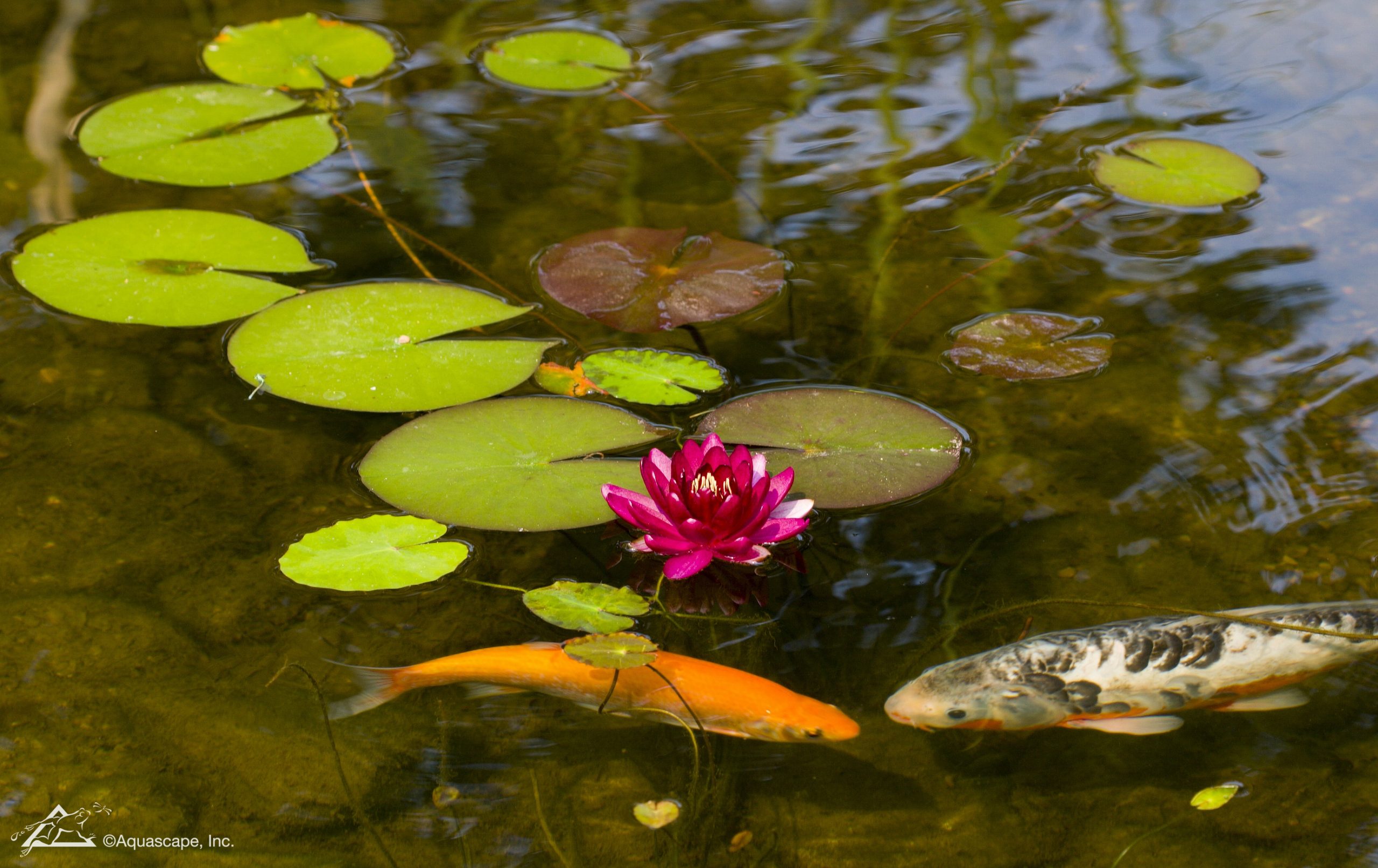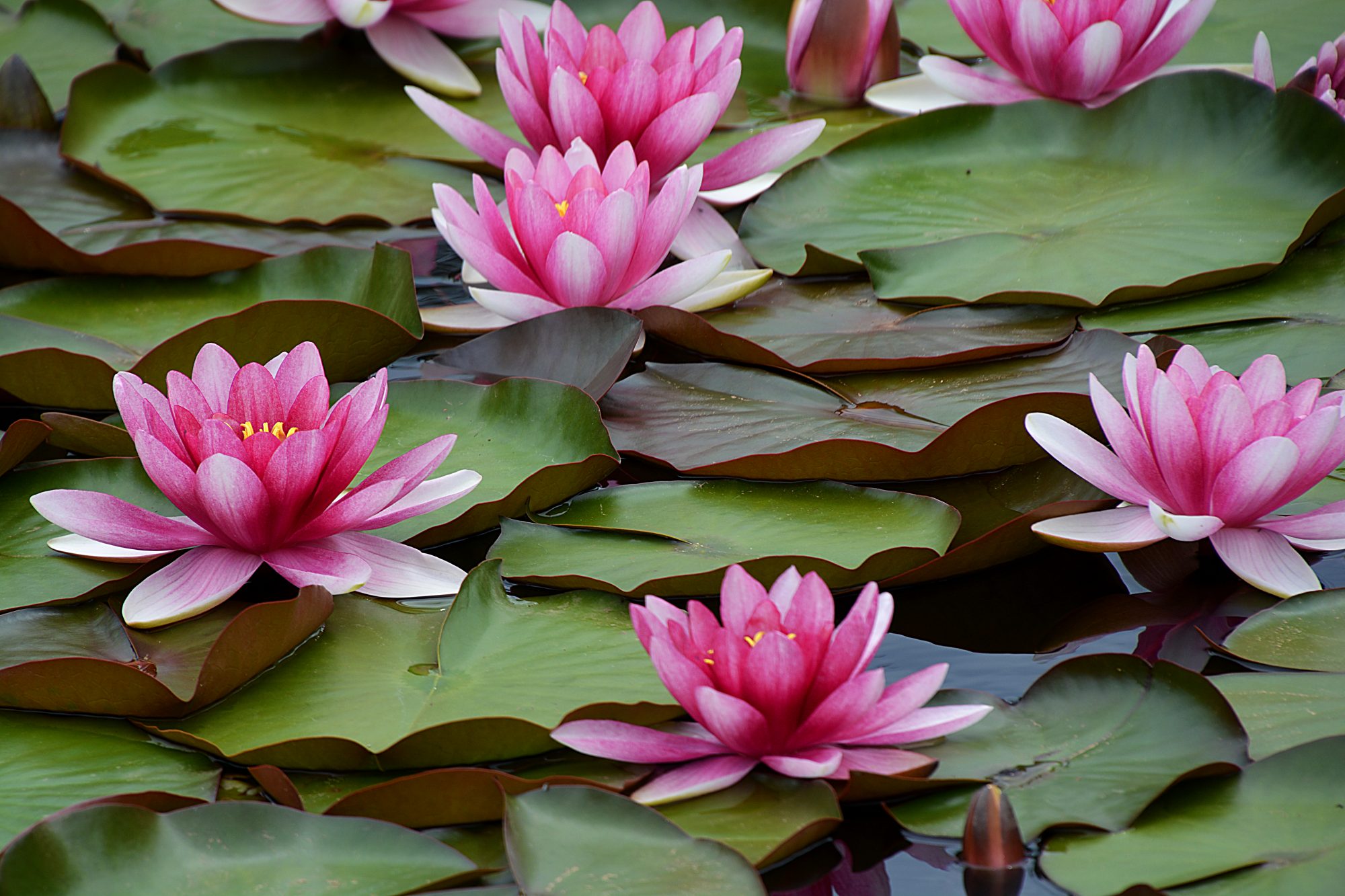How to keep koi from eating your pond plants
Pond owners love their colorful koi and they equally love their pond plants. But for many, the struggle is real. They cannot keep their koi from eating their favorite water lettuce. After all, it sounds healthy, doesn’t it? Can koi and aquatic plants live together in together harmony?
Koi and pond plants: Step one—Is there room for your koi?
The fish may be eating the plants because there are too many of them and not enough food! When too many koi are in a pond, they will compete for everything—including food. So your pond plants are gone? First check your koi density!
A good general way to think about koi stocking is to have no more than one inch of fish per 10 gallons of water. For example, you can have 300 inches of fish in 3000 gallons of water, which is about ten koi.
Remember, when buying small fish, they’re going to get bigger. Choose fish based on how large they’re going to grow, not how big they are now. If you don’t provide koi with enough room, you risk plant health, water clarity, and the fish will suffer from stressful living conditions.
Understanding and feeding koi (so they don’t eat your pond plants)
Koi fish are curious fish and like to explore their surroundings with their mouths. If you see that they have been nibbling around the base of the waterlilies, try using larger rocks around the base. Ones large enough to keep the fish from nudging them aside and feasting.
If you’re koi have full bellies, they will be less likely to eat your pond plants. Although water lettuce is tasty, they prefer koi food more than anything else. Fish prefer the taste and energy boost given to them by the food pellets. So if you feed your fish once or twice a day (for only a minute or so) they will be full and less likely to eat plants. We recommend Aquscape fish food.
Peace and harmony—achieved!
Aquatic plants and fish complement one another very well and lead to a healthier, cleaner pond that easier to maintain. Pond plants are so important in a pond—they oxygenate the water, reduce nitrates and offer coverage from predators. They also help remove toxins.
Simply make it a point to not overstock the pond and to feed your koi a quality fish food on a regular basis. You’ll find that koi and aquatic plants will then have a much more agreeable relationship. Contact us with any questions or concerns, or to help you build you dream pond.






